We absolutely despise mainstream society for marketing the false realities that is the cannabis lifestyle. Similar to our previous blog, where we asked whether You Are a High-Functioning Stoner, this is another one of those pieces where we debunk classic perceptions of cannabis users. This time, it's about whether or not cannabis makes you more or less intelligent.
Cannabis has long been used for a myriad of things. Whether it be for its calming and pain-relieving effects, or even to spark up some creativity that you didn't know you had. Unfortunately, a good amount of science paints more of the same narrative that has been plaguing our existence since even before legalization: cannabis makes you dumb.
While the science says this, we believe that there is still much to learn about the very real effects the plant has on our bodies and brains. At the end of the day, they're not the ones to toke up and experience the high day in and day out. They're not the ones experiencing those OMG moments that seemingly put all the pieces to our puzzle exactly where it needs to be. In fact, a lot of the science that paints us poorly misses very obvious points.
So where does this discrepancy come from? Let's light up a Weedsy Infused mini pre-roll and get down to business!
The 'A-Ha' Moment!
For those creatively-inclined folks out there, whether you're a painter painting your next masterpiece, or you're brainstorming your next bout of world domination, you should know firsthand the power of using cannabis to spark creativity, focus, and increase your productivity. Many of us even found ourselves stuck doing something, then upon taking a break with some of your favorite gas in hand suddenly experiencing that 'A-Ha' moment and watching all your missing pieces fall together seamlessly.
This 'A-Ha' moment is called the weed insight, and it's this insight that has proven to be a major selling point for cannabis user and brands alike. Obviously, this type of perception works in our favor because it more or less justifies its use in our daily lives. Now if only the science would back us up right?

Science's Epic Fail
In the world of clinical analytics, research on any degree of mind-altering substances typically takes a multi-pronged approach:
- What effects does this substance have on brain function?
- How does this substance affect attention and memory?
- What are some correlations that can be drawn from the results of numbers 1 and 2?
Historically, research has shown us that caffeine speeds up brain activity. This translates into faster reaction times and higher levels of speed and productivity. With this increased speed, however, memory and attention values decrease. As you consume caffeine, you are alert, focused, and motivated to do something. But you might not always do it at the best possible quality.

You would assume under this approach that cannabis would reasonably act the same as caffeine right? As it turns out, the research paints the magical green plant in a complete opposite light. For example, a 2015 study conducted by Jose Cortes-Briones of Yale University found that THC increases "noise" and disorganized connectivity in the cerebral cortex of the brain. This means that you'd actually have to try harder to achieve focus while under the influence as opposed to not being under the influence.
And in another 2013 study published by Matthijs Bossong of the University Medical Center Utrecht found that people on THC tend to perform below average on object recognition and task-switching tests.
While neuroscientific tests that measure the effects a substance has on the brain attempt to follow the same approach in the way that caffeine does, cannabis specifically fails at everything! Does this mean that cannabis does in fact, make you dumber? Not necessarily. Upon looking at the individual tests, one particular standard is missing: a universal standard on DOSING.
There is No Universal Clinical Standard for Cannabinoids
Since the studies paint cannabis in a negative light when it comes to cognitive function, and that magical 'A-Ha' moment we experience when we toke up is looked at nothing more than a placebo effect, can it be concluded that cannabis has a detrimental effect on our brains? Not necessarily and here's why:
When it comes to dosing a cannabis product, what is considered one dose? How much THC would be considered too much? Chances are, you're only really going off of what is instructed on the packaging and effectively going about dosing through a trial and error system. This lack of a standard stands as one of the main reasons why science seems to fail cannabis in all categories!
Research also shows that creative insights tend to arrive when we take time away from the project - and that new ideas often pop into our minds when we're actively not thinking about the task at hand. At the very fundamental level, we are more creative when we take a break, smoke some weed, and re-tackle the problem when we are in a calmer and more relaxed state.
Since there is no universal clinical standard for a cannabinoid, yet all these tests are rather vaguely giving their test subjects some unknown amount of THC and measuring its effects, it can be concluded that the margin of error for a study is pretty large. Remember, when it comes to consuming anything, everyone is different. People process substances at very different rates from one another. And running a test on someone's creativity while under the influence will yield very different results depending on who is consuming the cannabis. It's safe to say that the science possesses too many high expectations (pun intended).
There is Still Much to Learn
Despite cannabis being legal in California and a handful of states across the country, it is still premature to know what the plant's real effects are for our bodies. We know that cannabis has the ability to calm you, to relieve pain and discomfort, to regulate a whole host of bodily functions, and can even spark some creativity here and there. And while the science doesn't necessarily translate into what we feel from the plant, there is still so much more we can learn from it.
There will always be very compelling results on both sides of the argument, so before you go and decide whether or not you're about it, we hope you take on the inner journey and document your own relationship with cannabis. Who knows, maybe you might just step into a dispensary, try a Weedsy mini pre-roll and your life would change for the better!


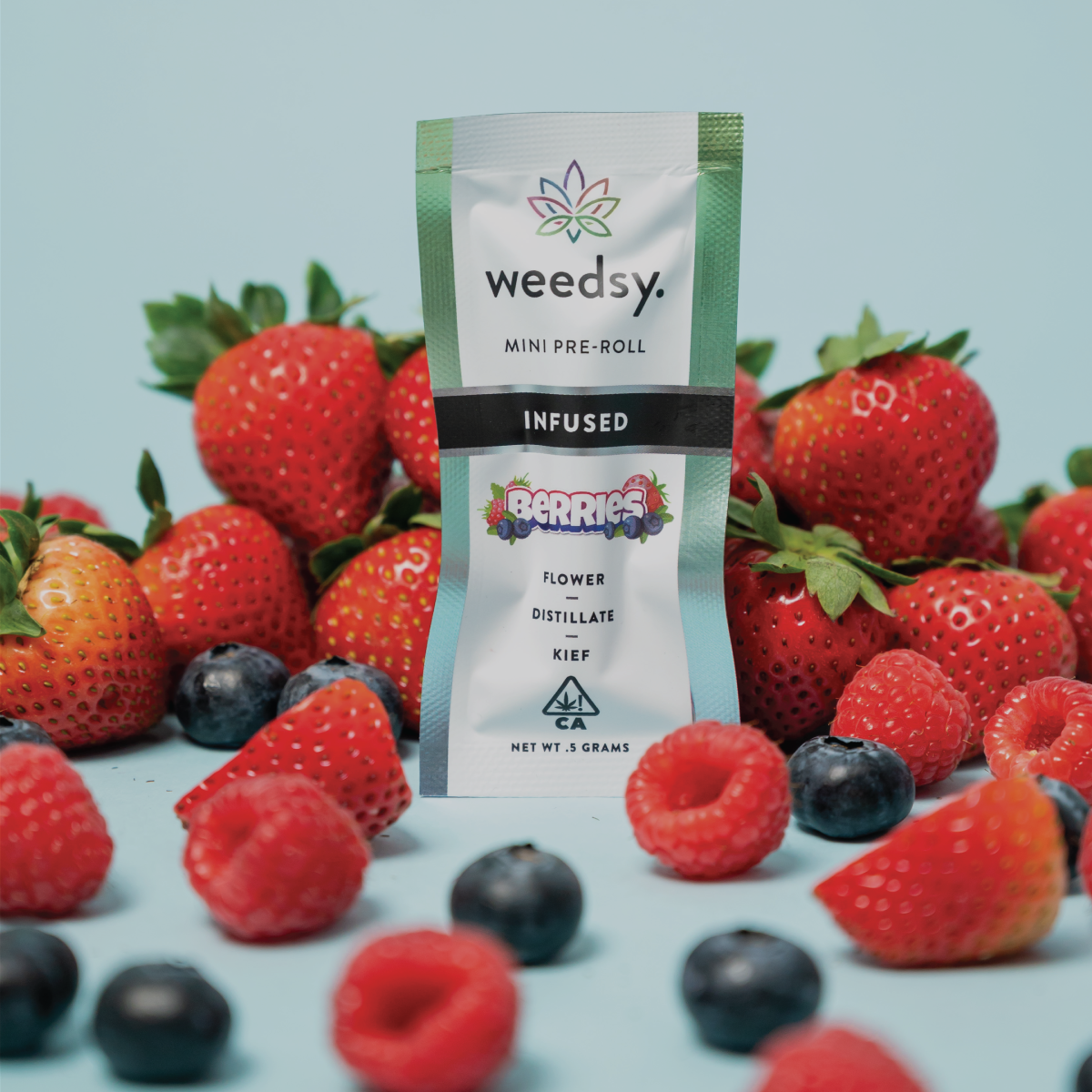
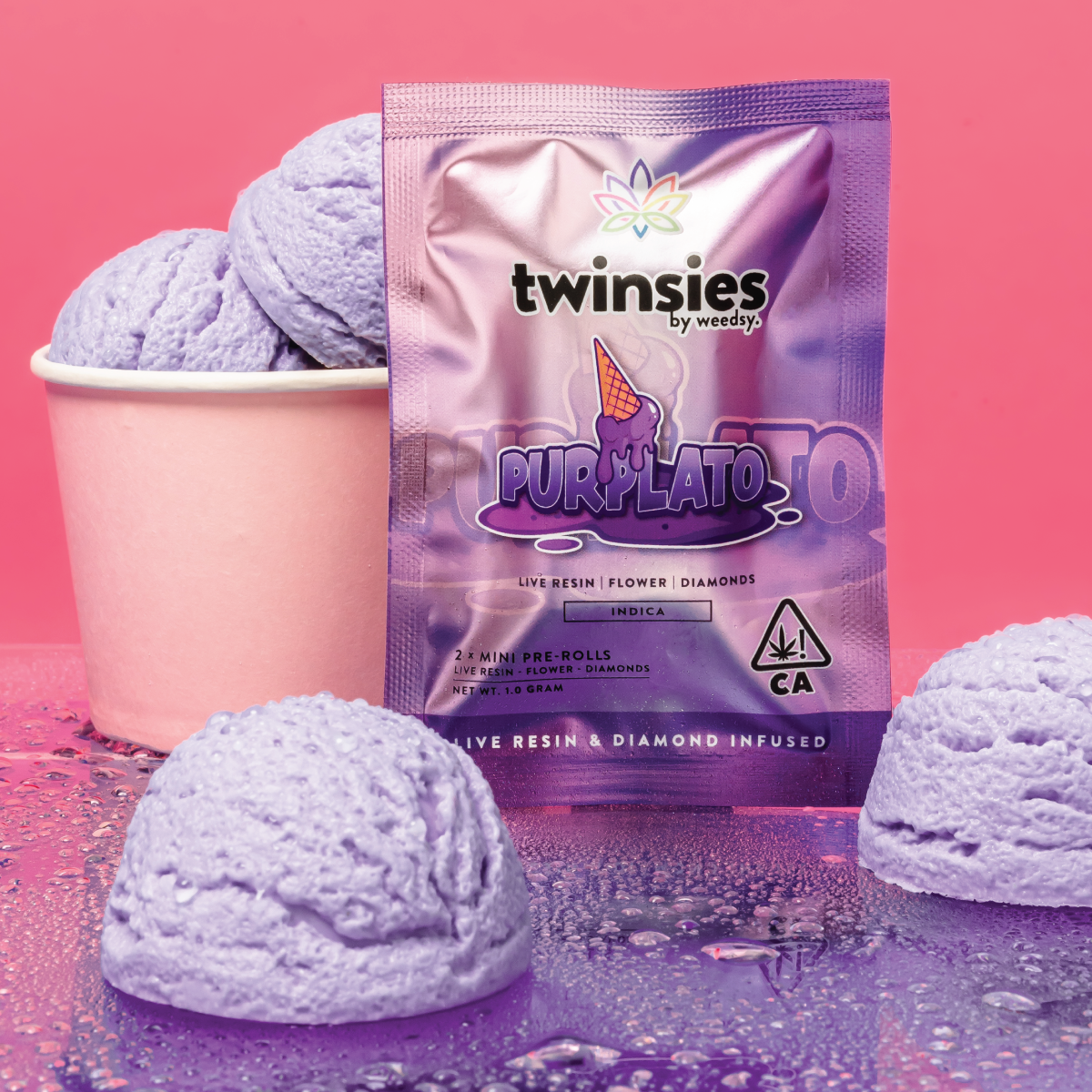
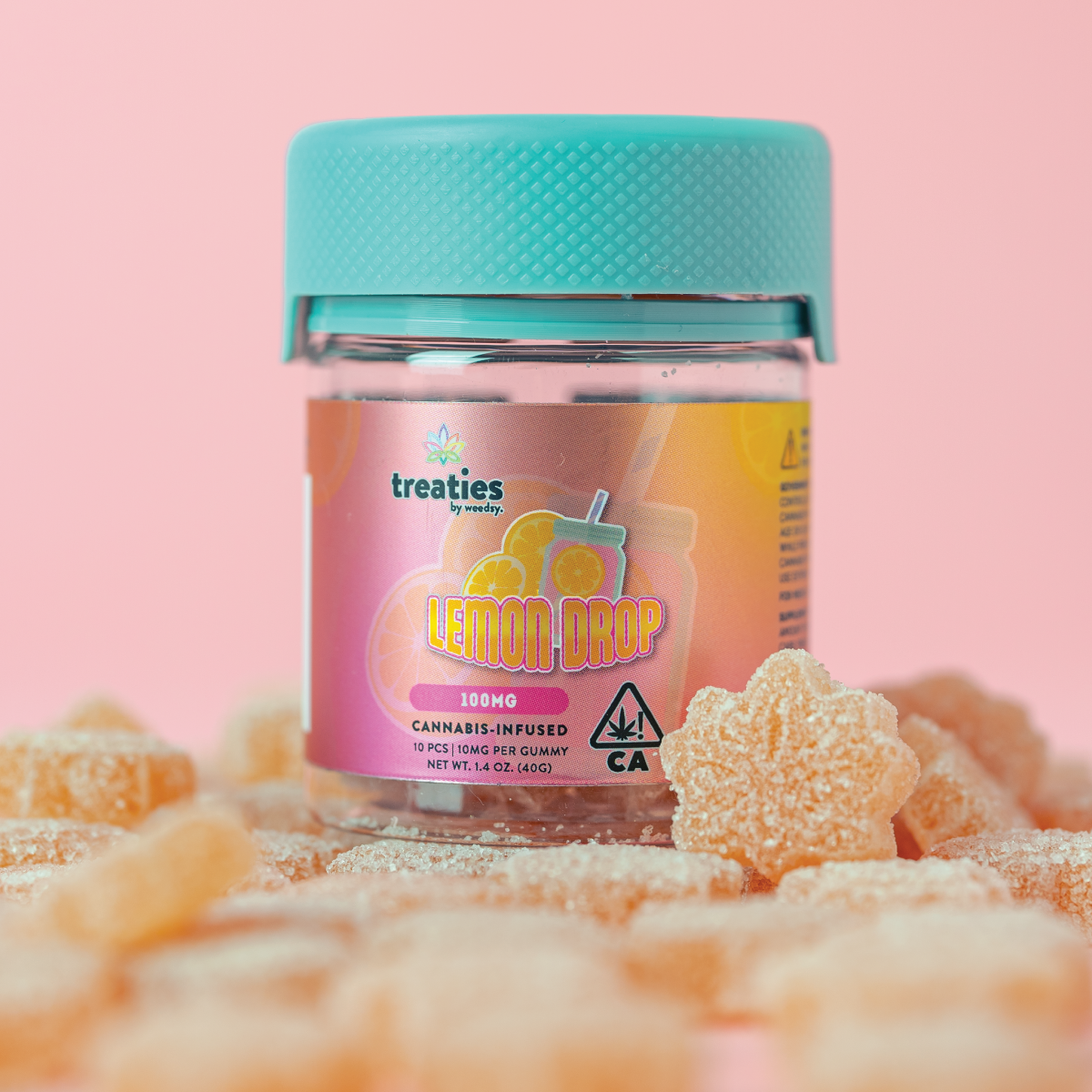
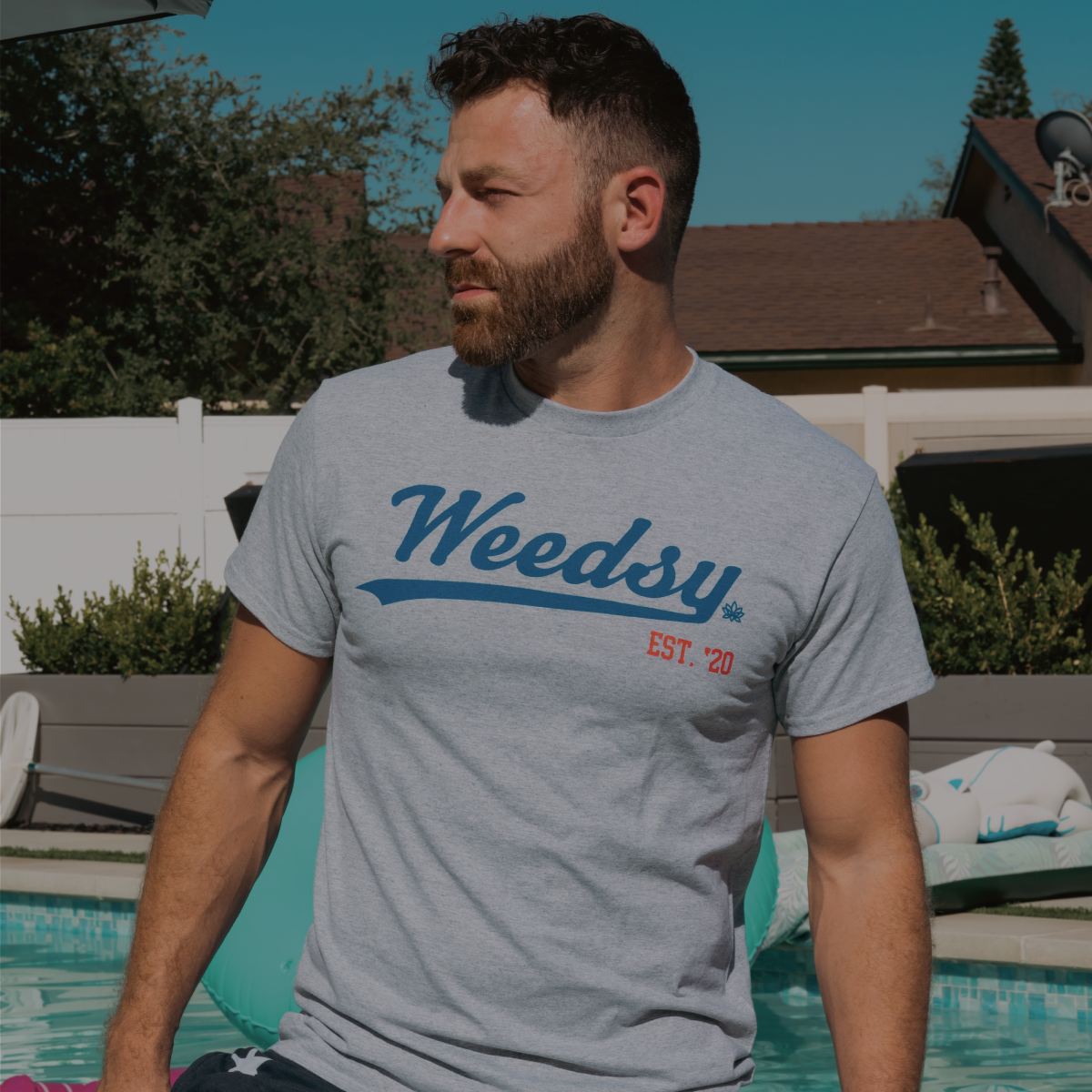

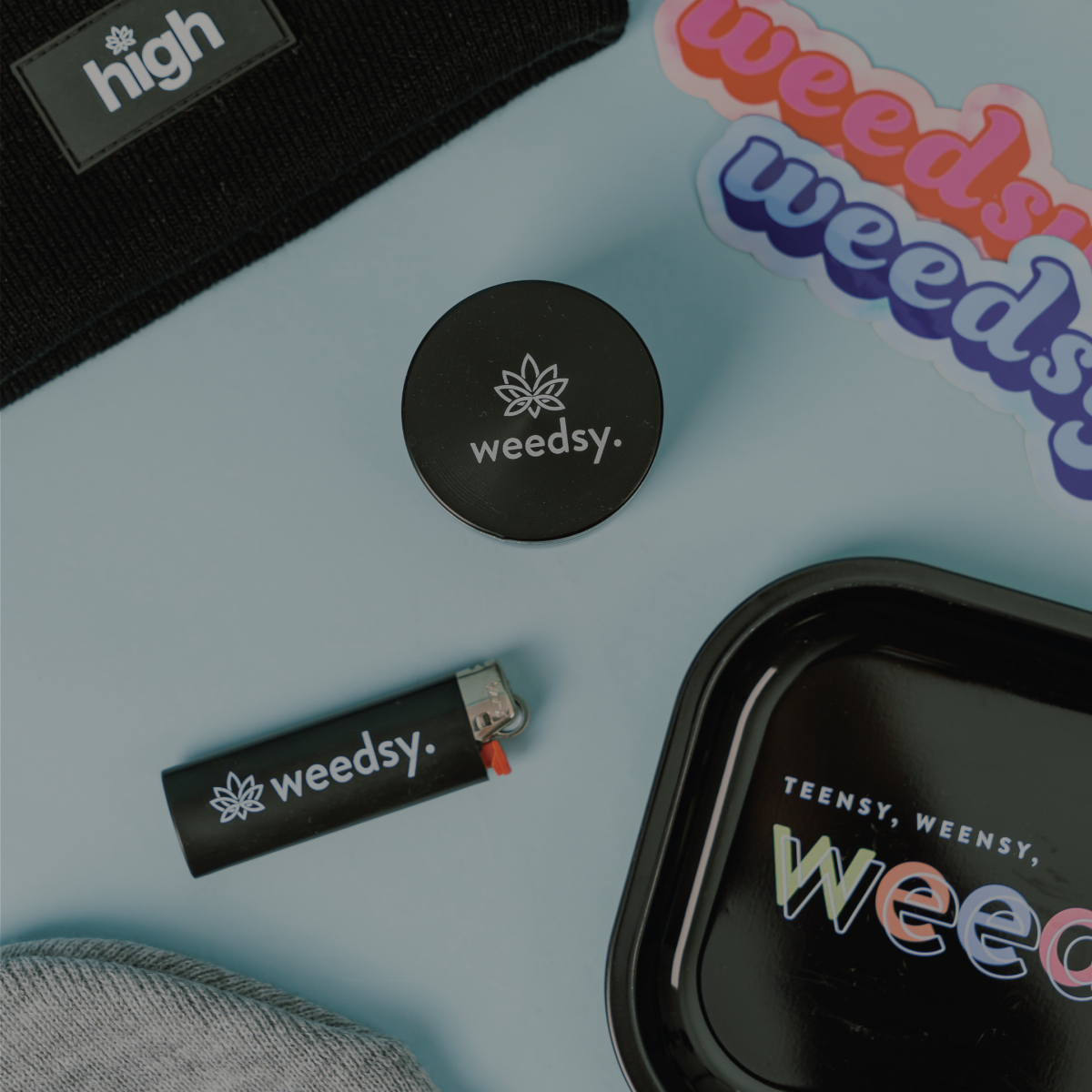


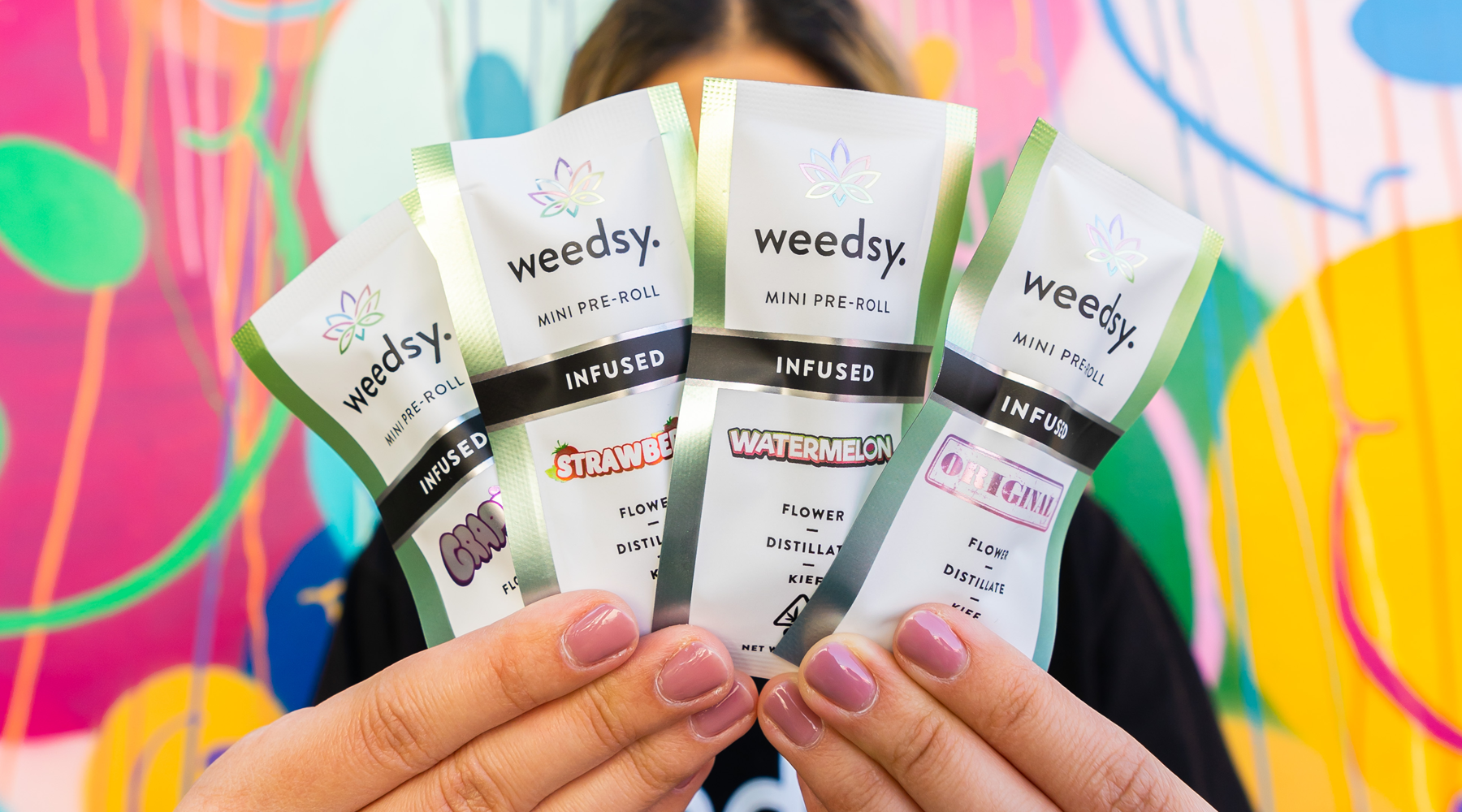
Leave a comment
This site is protected by hCaptcha and the hCaptcha Privacy Policy and Terms of Service apply.